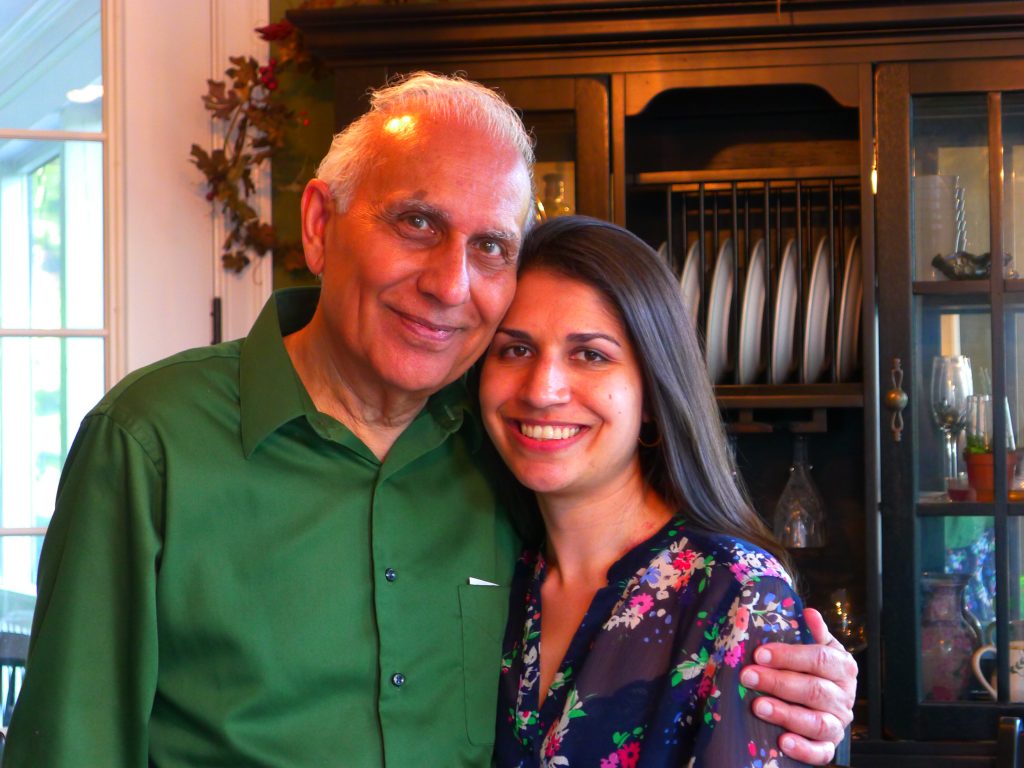
Do you care about Pre-K in Virginia? It’s time to speak up.
The shifting political landscape in Virginia has made national news over a variety of issues in the Commonwealth. But, one area of public policy




Washington Area Women’s Foundation mobilizes our community to ensure that economically vulnerable women and girls of color in the Washington, D.C. region have the resources they need to thrive. Since 1998, The Women’s Foundation has worked to transform the lives of women and girls in our region and across the world.
© 2023 Washington Area Women’s Foundation
Washington Area Women’s Foundation mobilizes our community to ensure that economically vulnerable women and girls of color in the Washington, D.C. region have the resources they need to thrive. Since 1998, The Women’s Foundation has worked to transform the lives of women and girls in our region and across the world.
© 2023 Washington Area Women’s Foundation